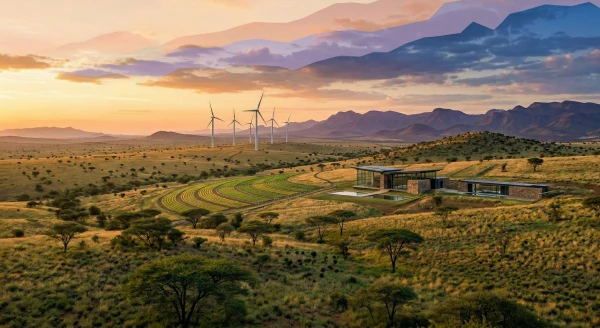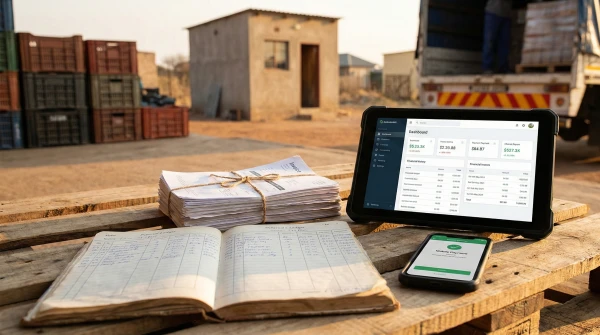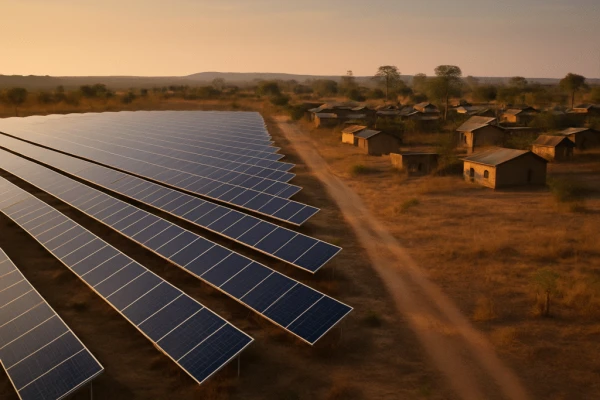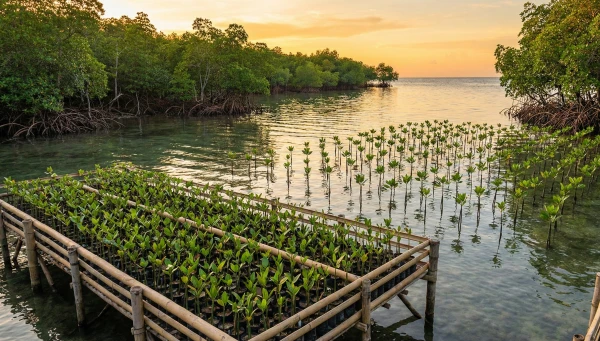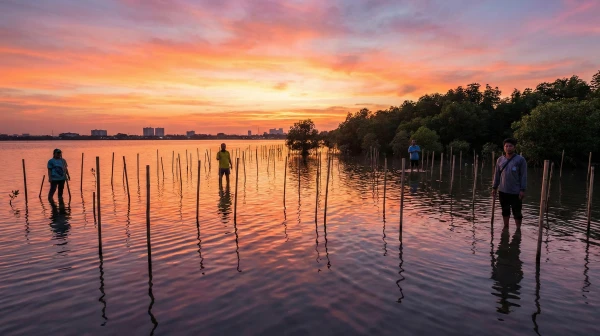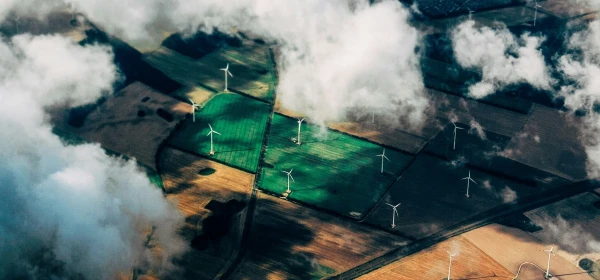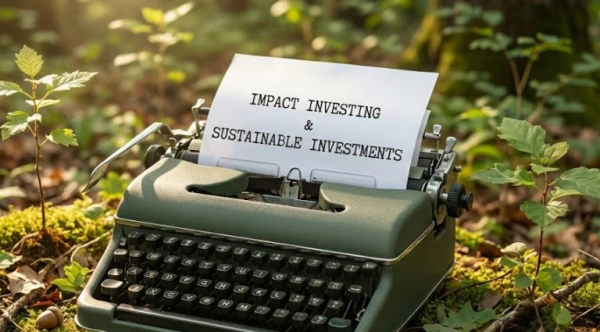Our Views
Unlocking Nigeria's Blue Economic Potential with the New Ministry of Marine and Blue Economy
Nigeria, a nation blessed with a coastline stretching over 850 kilometers along the Atlantic Ocean, has recognized the immense potential of its marine resources and established the Ministry of Marine and Blue Economy. This move underscores the country's commitment to harnessing the economic opportunities presented by the blue economy. In this article, we will explore what the blue economy entails, why it is crucial for Nigeria, the areas the new ministry should prioritize, and how it can support economic growth in the nation.
What is the Blue Economy?
The blue economy refers to the sustainable use of oceanic resources for economic growth, job creation, and environmental sustainability. It encompasses a wide range of sectors, including fisheries, aquaculture, shipping and maritime transportation, tourism, renewable energy, and marine biotechnology. The concept recognizes that our oceans and water bodies hold vast untapped potential, offering opportunities to address global challenges while promoting prosperity.
Why is the Blue Economy Important in Nigeria?
The World Bank estimates that the ocean adds $1.5 trillion annually to the global economy (this should double by 2030). Also, sustainable ocean economy sectors are estimated to generate almost 50 million jobs in Africa.
Nigeria's blue economy holds significant promise for several reasons:
Abundant Marine Resources:
Nigeria's extensive coastline along the Atlantic Ocean, spanning over 850 kilometers, is home to a wide variety of marine resources. These resources include fish stocks, oil and gas reserves, minerals, and other valuable biodiversity. Properly harnessed, these resources have the potential to significantly contribute to the nation's economic growth and development.
Fisheries: Nigeria's coastal waters are abundant with fish stocks, providing a source of protein and livelihood for millions of people. Sustainable management of fisheries can enhance food security, reduce poverty, and promote economic well-being in coastal communities.
Oil and Gas: Nigeria is an oil-rich nation, with a substantial portion of its oil production originating from offshore reserves. Leveraging this resource while adhering to environmental regulations can provide a stable source of revenue and reduce the country's vulnerability to oil price fluctuations.
Job Creation
The blue economy offers vast employment opportunities, particularly in sectors such as fishing, aquaculture, maritime transportation, tourism, and related industries. In a nation with a significant youth population and high unemployment rates, the blue economy can serve as a crucial driver of job creation.
Fishing and Aquaculture: Expanding these sectors can provide employment for millions of people, both directly and indirectly, through processing, marketing, and distribution channels.
Maritime Transportation: Improved maritime infrastructure and logistics can lead to more jobs in port operations, shipbuilding, shipping, and related services.
Diversification of the Economy
Nigeria's economy has been heavily reliant on oil for revenue. This over-dependence has made the country susceptible to global oil price fluctuations, which can lead to economic instability. Developing the blue economy allows for diversification by tapping into a range of sectors beyond oil and gas, reducing economic vulnerability.
A diversified economy can better withstand external shocks and provide a more stable foundation for long-term growth and development.
Sustainable Development
A well-managed blue economy can promote environmental sustainability. By implementing responsible practices and conservation measures, Nigeria can ensure the longevity of its marine resources and coastal ecosystems.
Preventing Overfishing: Effective regulation can prevent the depletion of fish stocks, ensuring a continuous supply of seafood for domestic consumption and export.
Protecting Coastal Ecosystems: Coastal habitats such as mangroves and coral reefs are critical for shoreline protection, biodiversity, and carbon sequestration. Preserving these ecosystems can safeguard against erosion and support climate resilience.
Renewable Energy: Exploring renewable energy sources such as offshore wind, tidal, and wave energy can reduce the country's carbon footprint while providing sustainable energy solutions.
What areas should the new Ministry in Nigeria focus on?
In our opinion, the Ministry of Marine and Blue Economy should prioritize several key areas to maximize the potential of Nigeria's blue economy:
- a. Fisheries and Aquaculture: Enhancing the sustainability and productivity of fisheries and aquaculture can boost food security and generate income for coastal communities.
- b. Maritime Transportation: Improving infrastructure and logistics in the maritime sector can make Nigeria's ports more efficient and attractive to global trade.
- c. Tourism and Recreation: Developing coastal tourism destinations and preserving marine ecosystems will attract tourists and generate revenue.
- d. Renewable Energy: Investing in offshore wind, tidal, and wave energy can provide sustainable sources of electricity while reducing greenhouse gas emissions.
- e. Research and Innovation: Encouraging research and innovation in marine biotechnology and oceanography can unlock new economic opportunities.
- f. Diversify from oil & gas: It's key for Nigeria to diversify its economy and create sustainable opportunities.
Next steps for the Blue Economy in Nigeria
Effective Regulation and Management:
To ensure the sustainable growth of the blue economy, Nigeria should establish and enforce robust regulations and management frameworks. This includes:
Fisheries Management: Implement and enforce sustainable fishing practices and regulations to prevent overfishing and protect marine biodiversity. This ensures a continuous supply of seafood and safeguards the livelihoods of fisherfolk. Collaborate with international organizations and neighboring countries to manage shared fishery resources effectively.
Environmental Protection: Enforce environmental regulations to prevent pollution and habitat destruction. Preserving the health of coastal ecosystems such as mangroves and coral reefs is crucial for tourism, shoreline protection, and biodiversity conservation.
Skills Development and Capacity Building:
To fully tap into the blue economy's potential, Nigeria should invest in skills development and capacity building:
Training Programs: Develop training programs for fisherfolk, aquaculturists, and maritime workers to enhance their skills and knowledge in sustainable practices, modern fishing techniques, and maritime safety.
Research and Development: Encourage research institutions to conduct studies and provide training on marine sciences, oceanography, and marine technology. This knowledge can inform policy decisions and foster innovation in the blue economy sectors.
Public-Private Partnerships (PPPs):
Leveraging the expertise and resources of both the public and private sectors is essential for blue economy growth:
Investment Attraction: Collaborate with private investors to fund infrastructure development, renewable energy projects, and tourism ventures along the coast. Offer incentives such as tax breaks or land concessions to encourage private sector participation.
Technology Transfer: Partner with private companies for technology transfer and knowledge sharing. This can lead to the adoption of more efficient and sustainable practices in fisheries, aquaculture, and renewable energy.
Research and Data Collection:
Robust data and research are critical for informed decision-making in blue economy sectors:
Data Gathering: Invest in data collection and monitoring systems to track changes in fish stocks, environmental conditions, and maritime activities. Reliable data is essential for evidence-based policy formulation.
Research and Innovation: Support research and innovation in marine biotechnology, oceanography, and renewable energy technologies. Encourage collaboration between research institutions, government agencies, and the private sector to drive innovation and technology development.
Nigeria's new Ministry of Marine and Blue Economy marks a significant step towards harnessing the vast potential of its coastal resources. By focusing on key areas, implementing effective policies, and fostering collaboration, Nigeria can unlock the economic benefits of its blue economy while ensuring long-term sustainability and prosperity for its coastal communities and the nation as a whole. This strategic move paves the way for a brighter, more diversified future for Nigeria's economy.
Aninver helps governments as Blue economy consultants to create to jobs and foster sustainable economic growth. Get in touch for more information.

